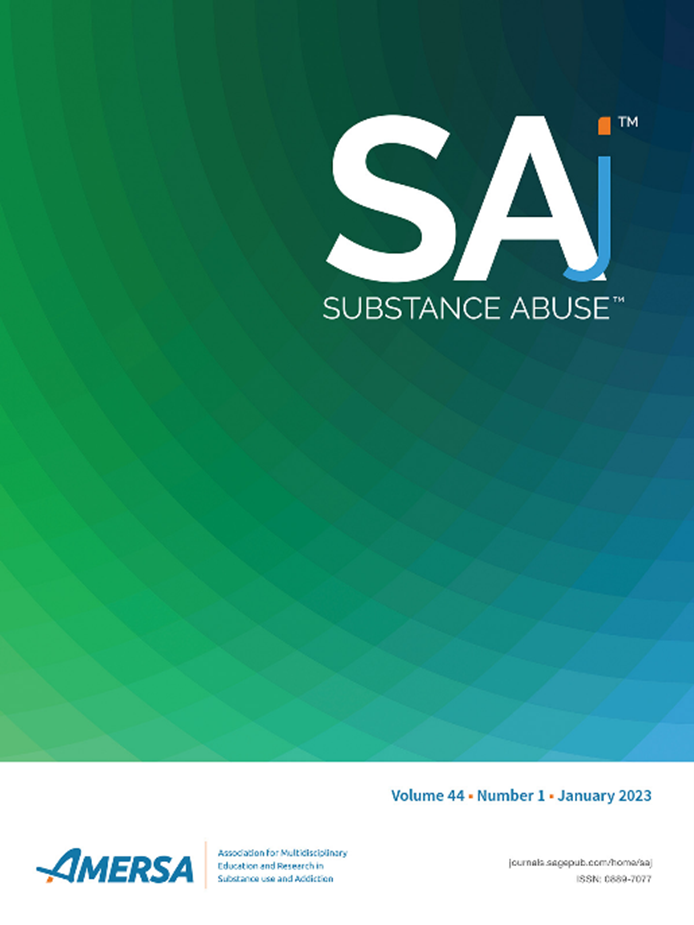The article, “Patients’ Perceptions of Physical Therapists Addressing Opioid Misuse” has been published in SAj in Volume 44 Issue 1-2.
In this commentary, the authors state in the US, rising numbers of patients who misuse illicit or prescribed opioids provides opportunities for physical therapists (PTs) to be engaged in their care. Prior to this engagement, it is necessary to understand the perceptions of patients who access physical therapy services about their PTs playing such a role. This project examined patients’ perceptions of PTs addressing opioid misuse.
In the AUTHORS’ OWN WORDS, they relate the importance of their work:
“Over 61% of outpatient physical therapy practice is comprised of patients with musculoskeletal pain, and about 16% of physician visits for musculoskeletal pain are associated with referral to physical therapists (PTs). In the US, over 2 million adults are annually referred to physical therapy just for low back pain and knee osteoarthritis. About 1 in 3 patients treated for musculoskeletal pain by PTs in outpatient clinics take prescription opioids.”
“The US Preventive Services Task Force has called for all healthcare providers to be trained to screen and address (treat or refer to treatment) opioid misuse among patients. PTs, primary care providers (PCPs), addiction treatment leaders and scholars advocate that PTs should play a greater role screening and addressing patients with opioid misuse.”
“While PTs are well-positioned to address opioid misuse and seemingly are willing to do it, what remains unknown are the perceptions of patients regarding PTs’ role in addressing opioid misuse. Patients may not appreciate or want PTs—providers not typically engaged in opioid risk assessment and mitigation—to address this potentially sensitive subject.”
